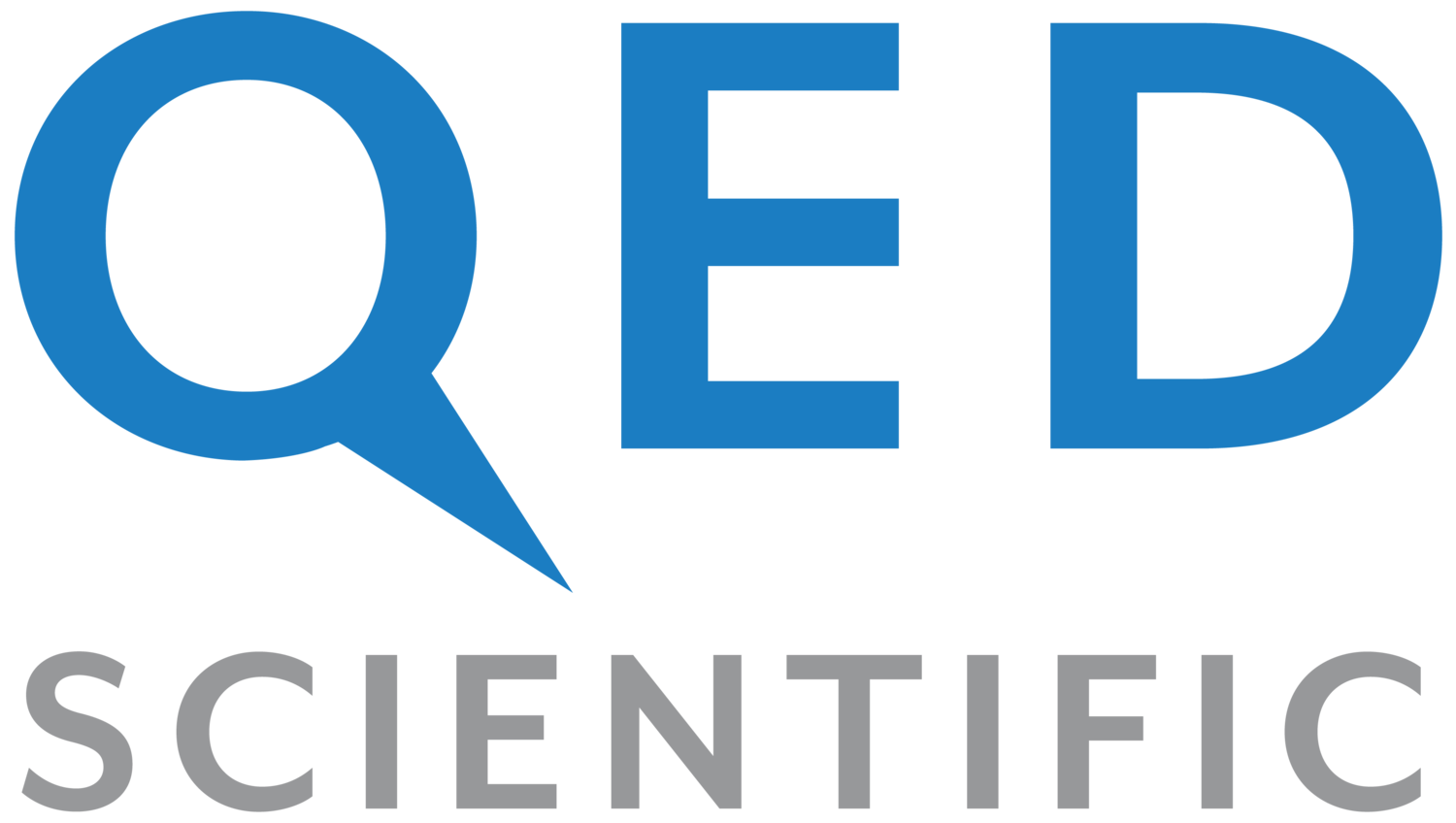Common sources of error in laboratory analysis and how to avoid them
Accurate laboratory analysis is vital in a range of industries, from medical diagnosis to environmental monitoring.
Unfortunately, even the most experienced and conscientious scientists can fall prey to common sources of error in laboratory analysis, leading to inaccurate results, wasted resources, and potentially hazardous consequences.
In this post, we'll take a closer look at some of the most common sources of error in laboratory analysis and explore ways to avoid them.
Improper calibration and maintenance of medical equipment
One of the most significant sources of error in laboratory analysis is improperly calibrated or maintained medical equipment.
Medical equipment suppliers and laboratory technicians must ensure that all equipment is calibrated and maintained correctly to ensure reliable and accurate results.
Frequent calibration ensures that the equipment is providing precise measurements, and regular maintenance helps identify potential problems before they become significant issues.
Scheduled maintenance can also help extend the lifespan of medical equipment, reducing the cost of replacement and improving the overall quality of laboratory analysis.
Use of contaminated samples or reagents
Contamination of samples or reagents can occur at any point in the laboratory analysis process, from sample collection to reagent preparation to actual analysis. Contamination can result in skewed results or complete invalidation of data.
Proper handling and storage of samples and reagents can help to prevent contamination. It’s also advisable to use disposable plasticware and single-use pipette tips, particularly when handling potentially hazardous materials.
Inaccurate measurement or recording of data
Manual recording of data is still a common practice in many laboratories, but it can be a significant source of error. Manual recording can result in transcription errors, misplaced decimal points, or incorrect units of measurement.
By using automated data collection systems, such as electronic lab notebooks or laboratory information management systems, laboratory technicians can improve the accuracy and reliability of their data. Use of a wire-free temperature monitoring system is recommended to automate data recording and alarms of out of range items.
Automated data collection can also improve efficiency by reducing the time needed for manual data entry and validation.
Lack of proper training and quality control procedures
Even with the most advanced medical equipment, human error can still occur. This can happen when laboratory technicians lack proper training or when quality control procedures are inadequate.
Regular training programs can help laboratory technicians stay up to date on the latest techniques and protocols, reducing the risk of errors.
Proper quality control procedures, such as regular proficiency testing and internal audits, can help identify potential problems and improve overall laboratory performance.
How QED Scientific's medical equipment can help
At QED Scientific, we understand that reliable and accurate laboratory analysis is crucial. That's why we offer a range of medical equipment that can help laboratories reduce the risk of error in their analysis.
Our medical equipment is expertly calibrated to ensure the highest level of accuracy and reliability. We also provide regular maintenance and repair services to ensure that our products perform at their best, every time.
We know that human error can still occur, which is why our automated data collection systems can help reduce the risk of errors in data collection. This leads to improved accuracy and efficiency, saving time and resources.
Quality control is at the heart of everything we do. Our quality control procedures ensure that our products meet the highest standards of performance and reliability, giving you the confidence that your analysis is accurate and trustworthy.
Get in touch with expert medical equipment suppliers
Whether you're in the medical, environmental, or pharmaceutical industry, our medical equipment can help you achieve the highest level of accuracy and reliability in your laboratory analysis.
For more information on our products and services, give us a call on 01663 735494. Alternatively, send us a message using our online contact form for a swift response from our knowledgeable team.
